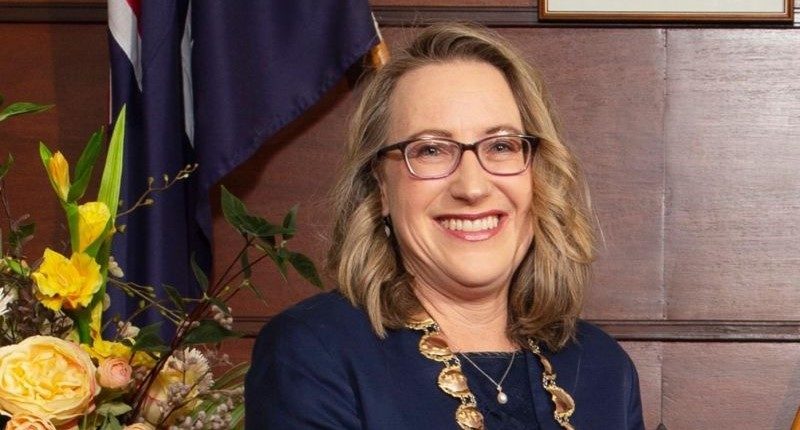- City of Nedlands Mayor Cilla de Lacey has resigned after a "bumpy ride"
- She was against a controversial triple towers project that recently gained approval
- The Planning Institute of Australia has called the situation "disappointing"
MultWhen the controversial $320M triple towers development in Nedlands was approved last month, it felt like there would be more fallout.
Locals had voiced strong opposition to the project, which had been scaled back from its original proposal. There would now be three towers, at a reduced maximum height of 83 metres.
The recent Metro Inner-North Joint Development Assessment Panel (JDAP) had only passed it at three votes to two – line ball you might say – and the local council were against it.

In the past week, the situation became untenable for the City of Nedlands Mayor Cilla de Lacy, and she resigned, effective Thursday (25 February).
She had also opposed the building of a children’s hospice in nearby Swanbourne. A few months ago, CEO of the City of Nedlands Mark Goodlet also quit, as did planning director Peter Mickleson.
“I feel the local government sector is at a crossroads, and to see this sector truly flourish for the betterment of grassroots democracy is something I truly believe in,” said Ms de Lacy in a statement.
“It’s just not necessarily the sort of change one Mayor in one local government authority can drive.”
She had been Mayor since 2019, having joined the council in 2017. She admitted that the past year had been “stressful” and “bumpy”, coping with the impact of the Covid pandemic and a local planning scheme.
Overall, she described the local government system as “broken” with “systemic failures”.
In a statement titled ‘Local and State Government Planning at Odds’, the Planning Institute of Australia (PIA) said it was “deeply concerned” about the ongoing conflict within and between local government, planners and the community.
“Cilla de Lacy’s resignation as Mayor of Nedlands is disappointing and highlights the growing disempowerment and frustration of local government to the detriment of good planning and community well-being.
“At its core, planning requires high quality, transparent and efficient planning practices, and systems the public can support. It needs strong leadership and collaboration from all levels of government and industry, showing a clear commitment to effective planning,” the statement said.
Reported cases over recent years of tensions between planning staff and councillors have shone the spotlight on local government.
“Planning places both councils and their administrations under enormous strain,” said PIA WA President Vicki Lummer.
“The combination of long-term reform, competing pressures and political activism can soon create a difficult environment in which to operate.”
In the case of Nedlands, the PIA recommended an independent review be set up to determine whether the “Local Planning Scheme is fit for purpose when measured against the strategic planning framework of Perth & Peel @ 3.5 Million, and the Local Planning Strategy.”
More broadly, it called for the adoption of best practice community engagement and participation tools by both state and local Governments; and community education about the benefits of well-planned urban infill in high amenity areas.








